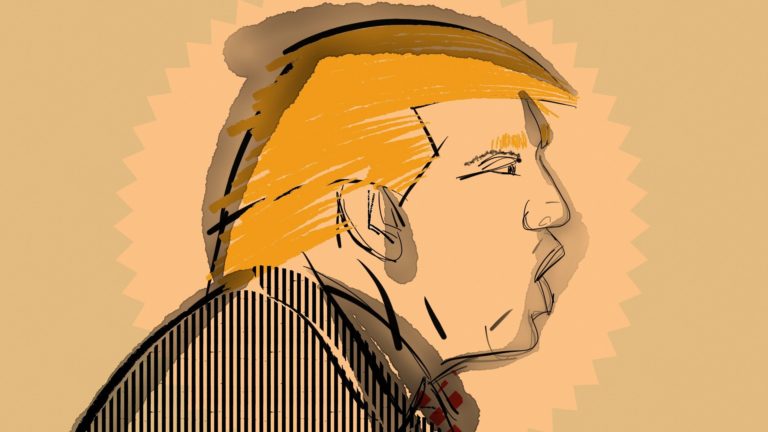Judges: Trump Can’t Block on Twitter

Following a now years old battle to retain control over his Twitter, Trump has lost. A three-judge panel on the United States Court of Appeals for the Second Circuit in New York ruled unanimously that President Donald Trump is not allowed to block Twitter critics.
Trump and Twitter
President Trump plans to appeal the decision. As a result, it would go to the Supreme Court of the United States. More interesting, though, is the potential implications this ruling has on state and local officials. From the ruling:
“We do not consider or decide whether an elected official violates the Constitution by excluding persons from a wholly private social media account. Nor do we consider or decide whether private social media companies are bound by the First Amendment when policing their platforms. We do conclude, however, that the First Amendment does not permit a public official who utilizes a social media account for all manner of official purposes to exclude persons from an otherwise‐open online dialogue because they expressed views with which the official disagrees.”
The ruling may prevent local mayors, state representatives, and even members of Congress from blocking vocal critics from their social media. One critical question is whether this extends to the personal accounts of elected officials. This is already in question as a lawsuit was filed against Alexandria Ocasio Cortez on July 20, 2019, 24 hours after the Trump Ruling.
Future cases may hinge on one specific word: “wholly”.
Public Versus Private Accounts
Plaintiffs can argue that the social media account is not “wholly private” and demand access under the following conditions: An elected official on their personal profile discusses anything related to their job. Or perhaps an official even lists their elected position on their facebook, twitter, or other social media.
The ruling did address specifically the difference between Donald Trump’s use of the POTUS account and @realdonaldtrump, his personal account. Current law, and the ruling, does not protect the latter because it is used for official business. This includes presidential announcements and important updates regarding policy.
The government claims that the ruling violates President Trump’s First Amendment Rights. Yet, they also acknowledge that the President uses Twitter “to announce, describe, and defend his policies; to promote his Administration’s legislative agenda; to announce official decisions; to engage with foreign political leaders; to publicize state visits; [and] to challenge media organizations whose coverage of his Administration he believes to be unfair.” It was that use case that led to the current ruling.”
Representation
Second, the Second Circuit did not address the geographical extent of these rules. We don’t know whether these rules would apply to individuals whom the elected official does not represent. In other words, could the mayor of a small city block an individual who lives in the adjacent town?
The ruling does not mention whether President Trump has the right to block foreign individuals or entities from his page, and leaves the question open. The court did clarify, however, that his account will “presumably revert to its private status” when his term in office is concluded.
These are the questions that the courts will now have to address. If the Supreme Court does decide to take this case, we can hope for clarity in their ruling, otherwise, there will be hundreds and perhaps thousands of cases in need of clarification.
This post also appeared on 71Republic
This article also appeared on Liberty Rangers, A Medium Blog


